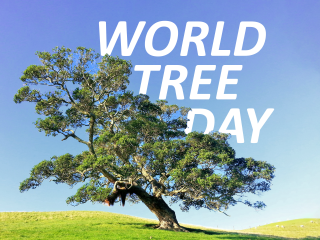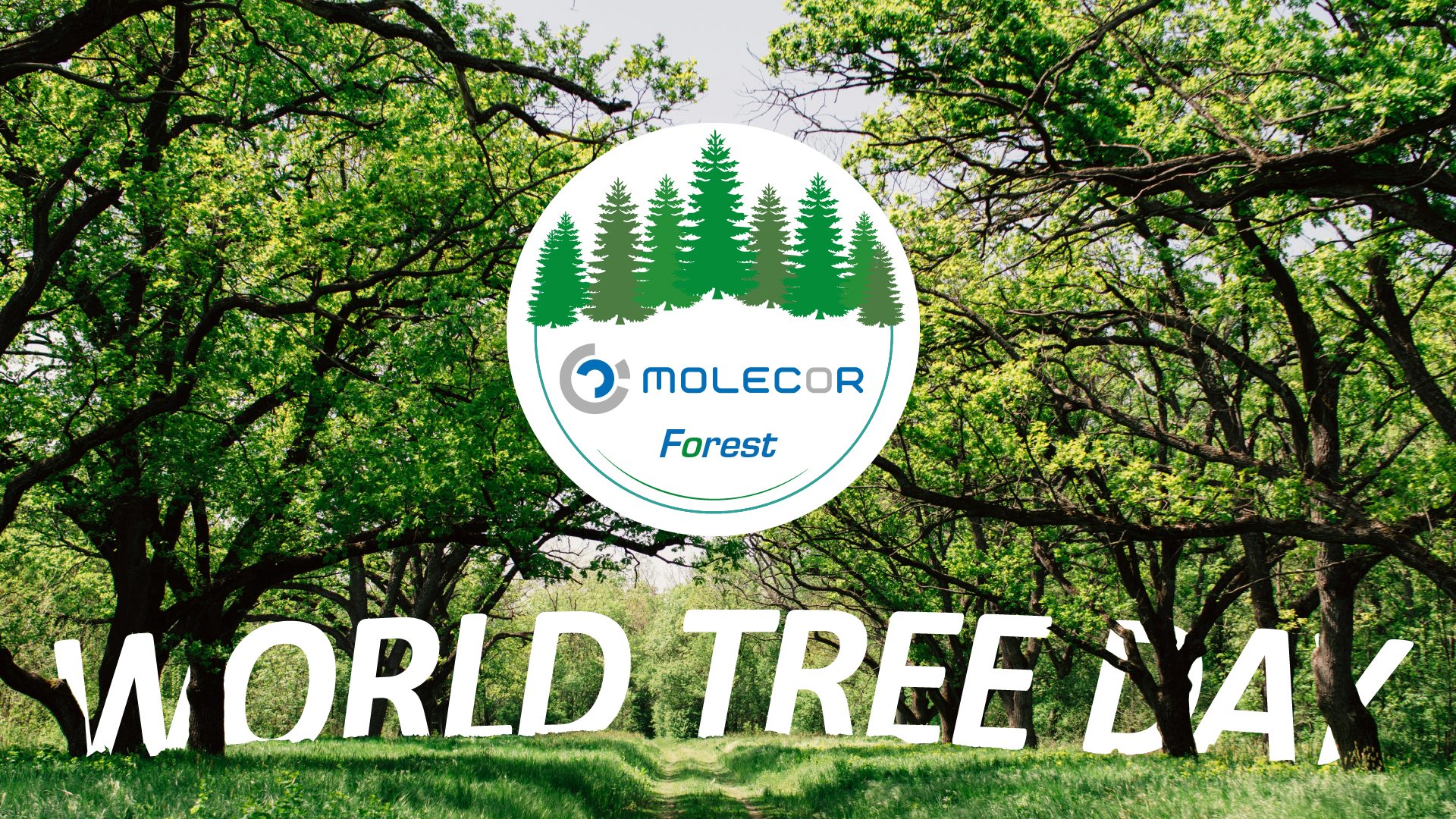
As with every June 28th, World Tree Day is commemorated, and this year, Molecor is celebrating it with special emphasis following the recent planting of 600 trees in Thailand, Madagascar and Tanzania.
Reconnecting with the environment
This day serves as an opportunity to raise awareness about the immense importance, incalculable value, and vast impact that trees have on the environment and our planet. It encourages the defense of forests and invites people to reconnect with nature. What would the Earth be without trees? They are the lungs of our planet, regulating the climate, releasing oxygen, and transforming CO2, thereby reducing the greenhouse effect. Trees regulate the hydrological cycle, protect soils, prevent erosion, provide habitats for numerous plant and animal species, and are a source of raw materials for food, medicines, fuel, fibers, and other natural materials such as cork, resins, and rubber.
Molecor Forest: Bringing New Trees to the Planet
One of the key messages promoted by the Food and Agriculture Organization of the United Nations (FAO) is the need to protect and restore the world's forests and trees. In alignment with this ambition, Molecor has created Molecor Forest, a real forest comprising 600 trees planted in Thailand, Madagascar and Tanzania. This initiative includes species that support biodiversity, such as mangroves, as well as vulnerable species at risk of extinction, such as cedars and mahoganies. These 600 new trees join the more than 3 trillion trees on the planet, which include over 73,000 inventoried species, with 9,000 species still awaiting discovery.
These trees have been sponsored by each of Molecor's employees, reflecting the integration of corporate social responsibility within the organization. The creation of Molecor Forest will not only protect biodiversity but also help mitigate climate change. The trees will absorb 227 tons of CO₂ from the atmosphere, reducing the company’s carbon footprint. Additionally, the project will benefit local communities, as Molecor collaborates with NGOs and local communities to select the appropriate trees and planting locations. Local farmers will care for the trees over time, promoting sustainable development and generating a positive impact both for the planet and the people living in these areas.
